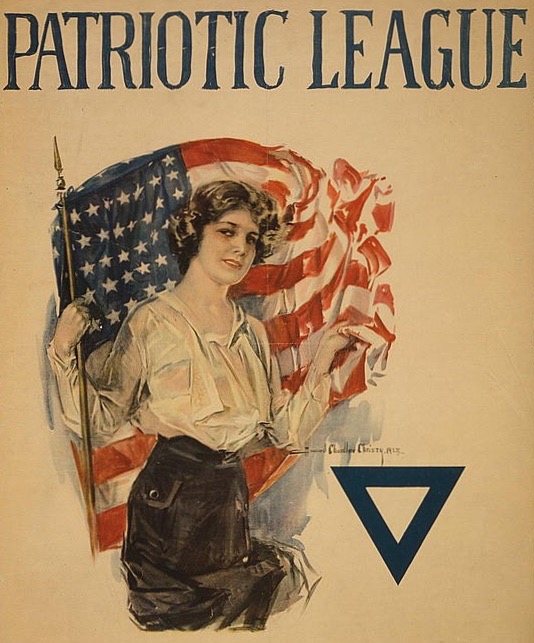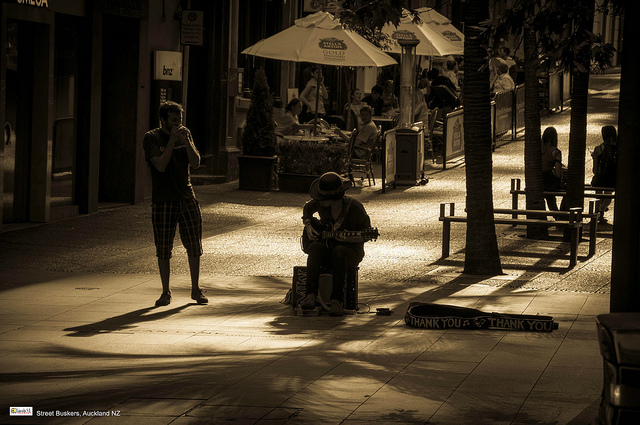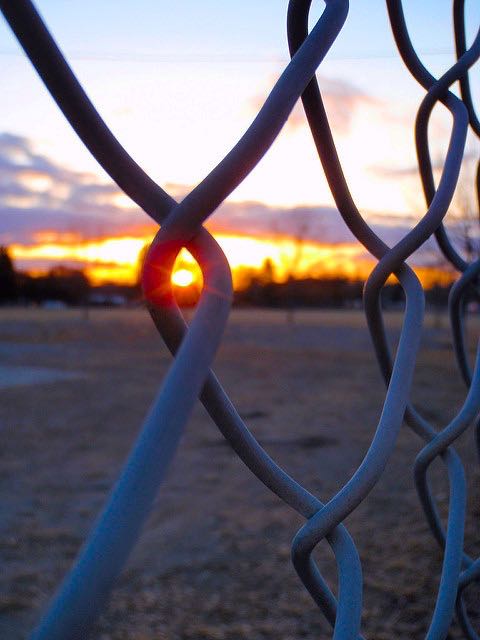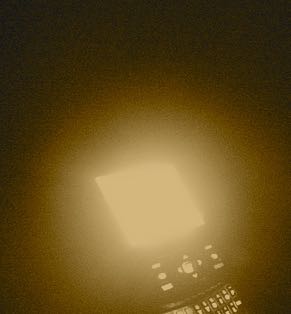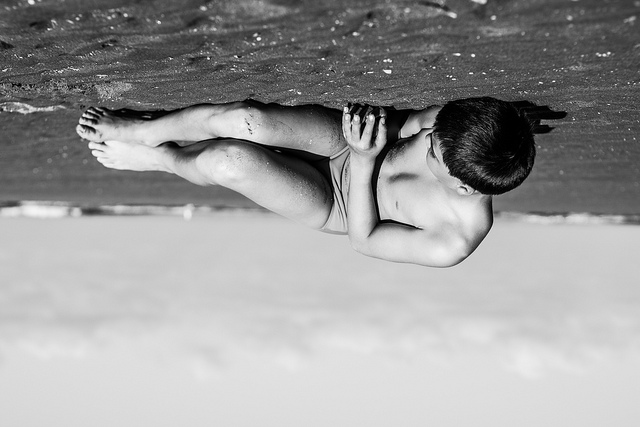The Daylight Underground
By Héctor Tobar
For the last time, we share a moment of sensual repose. My hand in yours. The sweat on our bare skin, a salty moistness in the desert air. My mestiza, Maritza Melanie. And me, your James, your lover for one hour more.
We weren’t supposed to happen. That chance meeting at the political sociology symposium, at the gloriously plain and functional Ramada Inn of Cabrillo, California. If I had turned to the right instead of the left after making my presentation (“The Voting Patterns of Latino Millennials in Suburbia: A Los Angeles Case Study”) we would have never been. I’ll remember that first lunch and the sudden exchange of intimate stories, the dramedy of our family lives: my absent mother, your oddball father. And that first kiss on your couch, and our lustful fingers and palms, and much later the long walks in search of flora and fauna on the trash-strewn hills above Los Angeles, you showing me the routes the Spanish explorers took, the gathering places of the cholos and the homeless.
Now our final decision as a couple. Do we part ways here, and say our goodbyes at this Tucson hotel? Or do you risk coming with me to the collection point a few blocks away? The risk being that some knucklehead federal officer will see us and smirk at us, and steal that one last thing that belongs only to us. Our farewell caress, the last physical expression of our love. That bond with you that has become as much a part of my being as my citizenship once was. Now the object of his uniformed amusement, his official disdain.
I try not to think the worst of people. A basic politeness is all I ask. But all the kindness is draining from the world. We are too frayed, too harried, too angry, too rushed.
“You need to go,” Maritza says.
“Come with me.”
“I can’t. We discussed this.”
“Just walk alongside me.”
“If they see me with you. … They have cameras.”
“We’ll keep a distance.”
My own theory about the Powers That Be is that they’re less precise and all-seeing than we give them credit for. A million deportations requires blunt bureaucratic instruments, the systematic feeding of names into databases. Persistence, not precision. An army of thick-skulled federal agents and underpaid police officers. Not drones or surveillance. Maritza and her merry band of Pinot-swilling pranksters could start making bombs and those buffoons wouldn’t notice. Not that she and her friends are actually planning such a thing. Assorted acts of defiance is all. Spray-painted slogans scribbled on walls at midnight. Messages of resistance delivered artistically, à la Banksy. Surprise shit-pie attacks on the faces of assorted fascist tastemakers, pundits, and politicos: probably a felony, or soon will be. Fecal assault. I worry for Maritza when I hear her talk about these secret actions. And I worry for her now, as I pick up my suitcase and stand next to her.
Before I open the door I present myself to her. My about-to-be-exiled countenance. My belongings: the one bag allowed per regulations, in compliance with the size requirements. Here I am, Maritza. Reach for me, touch me. She reads my thoughts and holds my paler face with her darker hands and kisses me slowly, and our tongues and lips intermingle, and our entire 18-month love affair, beginning to end, is alive in that moment, until salty tears are dripping into our mouths and we step back and wipe off our faces on our sleeves and I open the door.
“I’ll walk ahead of you. Follow me,” she says. “Just a bit behind. And when you get there we can look at each other, at least.”
“I don’t think I’ll be able to bear that. Seeing you and not touching you.”
“We need to be strong. We need to remember everything we can about this day. The injustice of it. It will make us stronger.”
“OK.” And now I kiss her on the cheek. “Goodbye lover.”
“No, not goodbye.”
She steps ahead of me in her vermillion corduroys, and I follow the movement of her hips and thighs, and I feel a twinge of desire, and then a heaviness in my chest, and finally I remember a spinning slot-machine of Maritza moments. Her coffee-table and lecture-hall brilliance, the intelligent eyes I can’t see. What will she become without me? This is all going to get serious. For her, here, in this crumbling country. Suffering from a chronic case of “convulsiveness,” the word Walt Whitman used to describe the U.S.A. before the Civil War. Arguments over slavery that finally ended with fields and fields of dead. “At some point, you’re going to need some hard people to help you,” I told Maritza just last week. “It may come to that.” When history gets truly fucked up, idealists make common cause with street brawlers. In the French Revolution, Danton and his buddies channeled the anger of the unpredictable and violent mobs of Paris. Nelson Mandela was a heavyweight boxer and he started the Spear of the Nation with a few hard-as-nails dudes offering essential assistance. Not that I have any experience in this myself. I’ve just read about it in books.
One million deportations requires blunt bureaucracy. Persistence, not precision.
There are more people on the street walking alongside us now, and none of them look hard. Like me, they’ve acquiesced. We accept a short bus ride into Mexico today, instead of a year in jail making hopeless appeals followed by this same trip to Mexico. It’s easier, just get it over with. My people are like that. We’re all late to our appointment, too. The bus delayed us, the flight delayed us, who gives a fuck? The government is happy to have our unpunctual but deportable bodies. Walking alone, walking in pairs. Carrying suitcases and backpacks. In mine: the embroidered vest I wore when I proposed to Maritza and books. Curiously enough, mostly Latin American authors in English translation. Bolaño, Cortázar, Lispector. And my New Oxford American Dictionary, Fourth Edition. “You’re taking a dictionary with you? Shouldn’t it be a Spanish dictionary at least?” In our hotel room, between our lovemaking sessions, I opened up my Oxford and looked longingly at my favorite words, like a man studying his children’s faces for the last time before they head out to college. Prolix. Praxis. And my Dictionary of American Idioms, “impossible to find in Mexico,” I tell her, with gems like “whitewash” and “the whole kit and caboodle.”
“You’re such a nerd, James,” Maritza said with a laugh from the bed, pulling a sheet up over her. “A word nerd.”
We reach the address listed on my summons. It’s a fenced-off asphalt lot, with a few Tucson police patrols hovering on the perimeter, and a fleet of Customs and Border Protection vans parked nearby, and CBP agents standing by some tables at the entrance to the lot. Maritza, still walking in front of me, makes a slow turn and gives me a sidelong glance with her eyes cast downward. I almost brush against her back as I walk past.
I stand in line and take in the sorrowful tableau. Families gathering to say farewell, lined up on the sidewalk across the street, a few holding medals of Catholic saints. They mourn as if we were dying, and maybe a part of us is. I think I recognize this one guy ahead of me in line. Smart eyes, wrestler’s biceps, tall. Yeah, he’s the manager at my Jiffy Lube. Suddenly everyone around me looks familiar. The dude with the wispy mustache, can’t be older than 30—I’ve seen him skateboarding on Figueroa. All of us here are from the 90042 ZIP code. The undesirable All-Stars of Northeast Los Angeles, bad hombres and sassy señoritas together one last time as we bid our country adieu. The young woman behind me and the erudite message on her T-shirt: “History is a nightmare from which I am trying to awake.” Smart aleck, Occidental College undergrad probably; she makes the rest of us into a piece of performance art illustrating her message. “Marx?” I ask her. “No, Joyce,” she says. Ah, an English major, that’s why I didn’t recognize her. They’re not deporting housekeepers any more, just the troublesome overeducated “anchor babies” like me and this Oxy chick. Actually, no. That lady further back. I remember seeing her walk up the hillsides to the fancier houses, very mexicana, pobrecita, going home now. Don’t take it so hard, señora, you’re not alone. See?
I decide to take a deep, contemplative breath, and consider this undoubtedly bleak historical moment. My professional observation as a political scientist? The obvious: We’re a wounded community. The soon-to-be deported ripped from the people we’re leaving behind. An old tree with deep and twisted branches, now being sawed through, from top to bottom. The severed bonds of mothers, uncles, sisters, cousins, lovers, and soulmates. I feel our shared nobility, the mixed Mesoamerican-Iberian-Afro-Saxon complexity of us, our twisted bilingual tongues and our triple-tangled DNA, our romantic Latino subconscious and our North American Anglo hang-ups. In our daydreams, we worry. Yes, the Mexican food will we better (by definition); but will we find a decent Starbucks over there, on the other side?
Another professional observation: In the valleys beyond Tucson, the flow still runs northward. Our people are coming here, still somehow smuggling their Spanish-speaking selves over walls, through moats and past motion detectors. Risking their lives for jobs grilling burgers and scrubbing bathrooms. Someone has to do it. They will be living harder lives on this side of the border, undocumented laborers laboring in plain sight, deeper in the daylight underground.
“You’ll be back, Matt,” I hear a lady yell across the street. “You’ll be back.”
“I love you Grandma!” Matt yells back.
I reach the front of the line, and the agent inspects my papers.
“Birthplace,” he asks me.
“Pasadena, California. U.S.A.”
The agent is a big white man who looks embarrassed and/or put out beneath his layers of wool and Kevlar. Maybe he’s nostalgic for the Fourteenth Amendment, too. “Your passport?”
“I gave it to the judge.” He nods and inspects my California Driver’s License, my summons, and gives them both back to me as he punches a few buttons into a mobile device. He waves me forward, through an opening in the fence, into a holding pen. They’ve found an appropriately barren and ugly location in this otherwise pleasant desert city in which to rustle us together. A last vacant, weed-filled lot at the end of our American road.
“This is so fucked up,” the Jiffy Lube manager says to me. He lights a cigarette and offers me one. No thanks. Several other people have started to puff away, and their tobacco smoke forms a series of exclamation points over their nicotine-soothed heads until a soft breeze comes through and the smoke serpentines into question marks. I look through the fence, across the street, and I find Maritza’s face. Wearing shades, of course. My spy, undercover in her Ray-Bans. Or is it so I can’t see her tears?
“This is a nonsmoking area!” one of the agents says. Federal regulations, you know.
“What are you gonna do, deport us?” the Jiffy Lube guy says, and everyone keeps smoking.
I look over at the line and my eye is drawn to a tall woman near the front. Black, straight hair falling over her face. She looks up to wipe her tears. Oh shit! No fucking way! It’s Katarina Consuelo Ramirez. Los Angeles City College adjunct, and my fiery, passionate, and deeply disturbed ex. Known as Kat-Con to her many fans and detractors in the small and incestuous circle of untenured Latino political scientists. Kat-Con, my intimidatingly beautiful partner for two years and Maritza’s nemesis since grad school at Berkeley. Kat-Con with her high cheekbones, the tiny exotic bump in her nose, has many eyes falling upon her. She’s not carrying a single piece of luggage. Not even a purse, as if she were here to model Southwestern eco-fashions. I am Kat-Con, a martyred second-generation Honduran immigrant deportee of Los Angeles: Yes, you may take a picture of me, of the glorious, tragic beauty of my stripped citizenship, with this carefully chosen cashmere scarf against the winter desert chill. She looks up from the agent’s desk and walks into the holding pen and she spots me, and hugs me, and she buries her head in my chest.
“Oh, James. Look at us.”
No, look at Maritza, says the voice in my head. So I do. My fiancée has lifted up her shades in shock. From across the street and through the fence she’s mad-dogging me. I see her mouthing words. I’m not a great lip reader, but I’m pretty sure it’s: “How could you?” followed by “You son of a bitch.” As if I’d arranged my deportation so that I could have a tryst with my ex. With Kat-Con still embracing me, I raise my arms and shrug my shoulders as if to say, How could I know?
I see Maritza turning away, leaving the crowd of onlookers, headed back to her car at the hotel parking lot, no doubt. And now the thought hovers over me. That my Maritza will write me off, forget me, assuming me happily reborn into a Mexicanness I’ve never truly known, content and coital on the other side of the border in the arms of Kat-Con. No. This can’t be. I feel the absurdity and an emptiness all at once. In the name of Thomas Jefferson, Clarence Darrow, and Oscar Zeta Acosta, no! This is one crazy and unfair thing too many. So I break free from Kat-Con’s tearful embrace and push through the crowd to the opening in the fence and the desk, and back out into free Tucson, with the CBP agent behind me yelling, “Hey where the fuck are you going?” And for the three seconds it takes me to cross the street everyone around me—my fellow deportees, Kat-Con, the families on the sidewalk, the Tucson police, and the Customs and Border Protection agents—are all frozen in place, and only I am moving toward the departing Maritza, whose back is still facing me.
“Maritza!” I yell, and she turns, looking at me in confusion, and before she can say anything I’ve got my arms around her, and I’m saying “I love you I love you I love you,” and she whispers “I know you do,” and of course we kiss. An illicit, public meeting of our lovers’ lips, with 100 people and unseen cameras watching. The street and sidewalk around us erupt with appreciative sighs and laughter. I hear ranchera whoops, and catcalls, and a “who-who-whoey!” and an “órale!” It’s as if we were back home in a bar on York Boulevard—before the bars got gentrified. But now the desk agent is walking toward us, and he’s got a baton in his hands. I am about to raise my arms in surrender, when I see Kat-Con running behind him. In that instant I remember that she was once a taekwondo instructor in Oakland, and I watch as she grabs the agent by the shoulders from behind and uses her hands, arms, and legs to expertly separate his feet from gravity. He falls heavily and beefily to the asphalt.
Now that’s a tough woman. But is this “political” Kat-Con, in full militant mujer mode, in a final act of defiance against the machinery of hate? Or is this a Kat-Con who once carried a torch for me? Or is it just the impulsive, crazy Kat-Con who got fired from Cal State Dominguez Hills after she screamed at the dean? Or maybe it’s all those Kat-Cons at the same time. As two CBP agents rush toward Kat-Con and their fallen colleague, a few of the deportees in the pen start climbing the flimsy fence holding them in, and the fence falls, and several of them run across it to kiss and hug their lovers and their mothers. Kat-Con breaks free of the confused and distracted agents. She begins running down the street with long strides, and she turns to flip the bird to the agents and their smashed holding pen. Then she is gone around the corner, free.
“It’s a riot,” Maritza says. A riot of kisses, hugging, wrestling, prayers, sirens, and shouts.
I take Maritza by the hand and we start to run, spontaneously, without thinking about it, as if running were a behavior written deep in the code of our being.
“We’re fucked,” Maritza says a block into our sprint.
“But we’re free,” I answer.
We run one or two blocks more. And then we walk. Normally, as if nothing were amiss, as if one or both of us wasn’t a felon. Back into the daylight underground, where we will remain. Waiting for the data miners and the drones to catch up with us. Maybe this afternoon, maybe tomorrow. Maybe never. We turn a corner, taking a zigzagging route toward Maritza’s car even though no one is following us. We reach a big, open lot of sandy ground with a single huge cactus in the center. “Whoa,” Maritza says. “Look at this.” We admire the plant and the weird, prickly, tangled snakes of its many arms. We stand there, in the crisp sunshine of Arizona winter, and take a moment to hold hands in its holy presence. Maritza says it’s probably 100 years old, and as we continue our journey I think about all the decades it’s survived, all the droughts and the floods, growing gnarly limbs, pushing roots into the desert soil.
Héctor Tobar’s most recent books are Deep Down Dark: The Untold Stories of 33 Men Buried in a Chilean Mine and the Miracle That Set Them Free, which was a finalist for the National Book Critics Circle Award, and The Barbarian Nurseries, which won the California Book Award Gold Medal for Fiction.
This short story was originally published by Slate in The Trump Story Project, which asked authors to imagine the future of the United States under Donald Trump’s presidency.
Photo credit: Daniel Oldfield via a Creative Commons license.

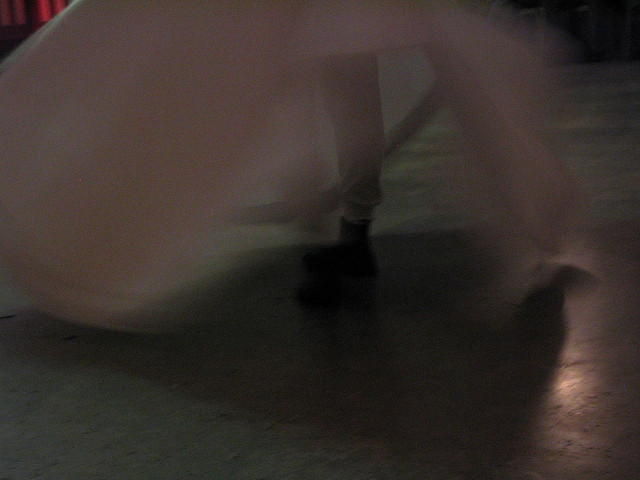
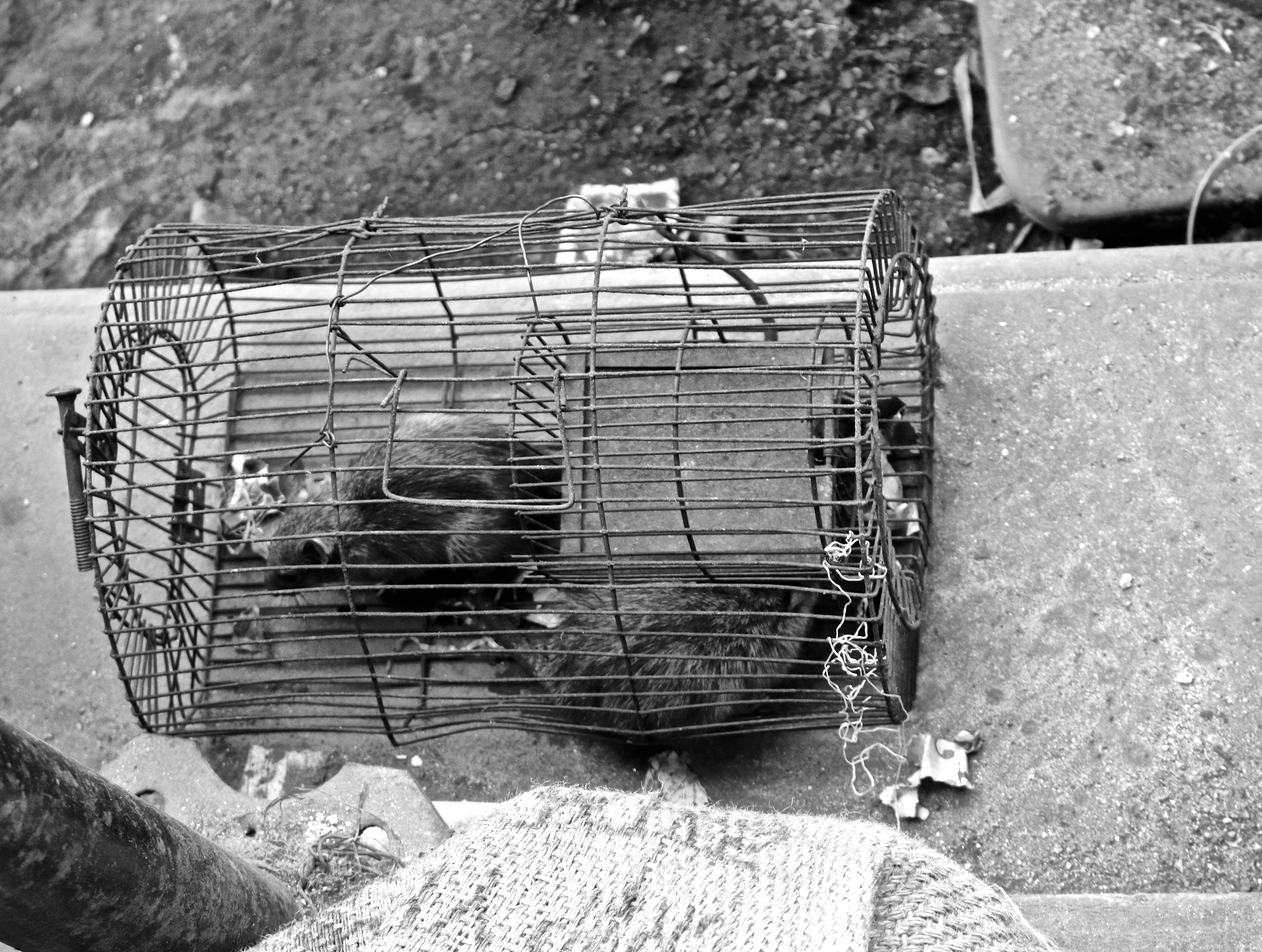



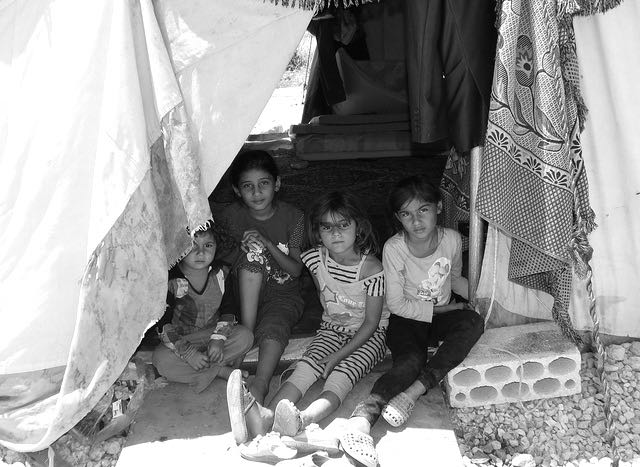
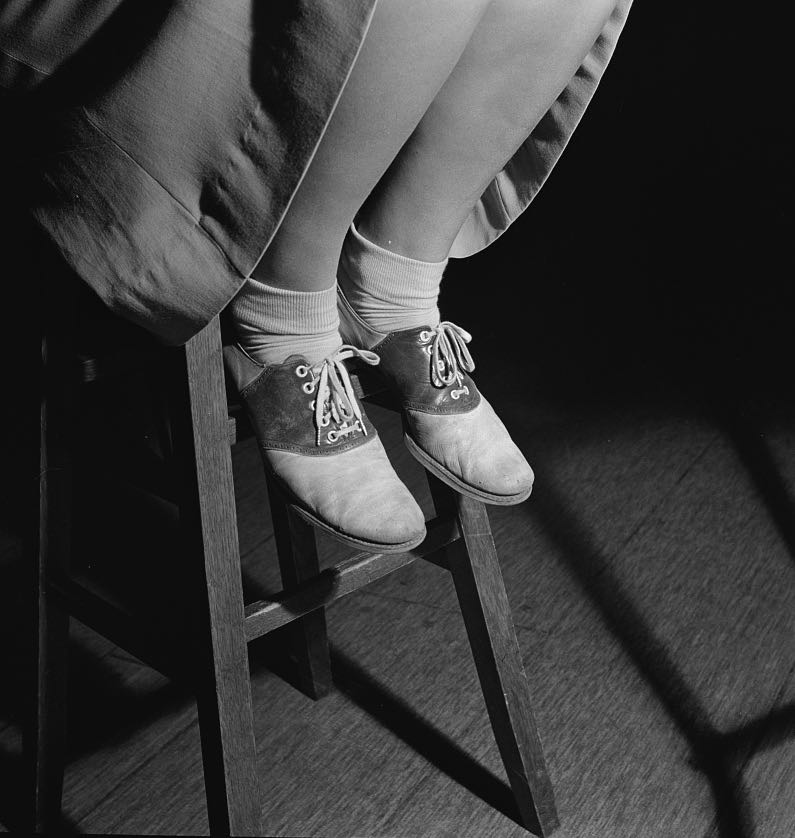
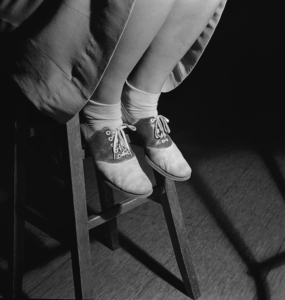 Out of television into living daylight, like
Out of television into living daylight, like Bebe Kern lives in the North Carolina Piedmont region, drives a Ford truck, works a day job, and listens to poets and musicians including Donald Justice, Miroslav Holub, Jane Hirschfield, Charlie Smith, Tom Waits, Mary Gauthier, Drunken Prayer, The Handsome Family and Loretta Lynn. She had a poetry class at the University of Alabama under Hudson Strode, and studied at the University of South Alabama with Walter Darring and Stephen Mooney. Her poem, “Pray Mississippi,” was named a finalist by The Thomas Jefferson Center for the Protection of Free Expression. Novelist Julie Edelson reviewed Bebe’s original CD,
Bebe Kern lives in the North Carolina Piedmont region, drives a Ford truck, works a day job, and listens to poets and musicians including Donald Justice, Miroslav Holub, Jane Hirschfield, Charlie Smith, Tom Waits, Mary Gauthier, Drunken Prayer, The Handsome Family and Loretta Lynn. She had a poetry class at the University of Alabama under Hudson Strode, and studied at the University of South Alabama with Walter Darring and Stephen Mooney. Her poem, “Pray Mississippi,” was named a finalist by The Thomas Jefferson Center for the Protection of Free Expression. Novelist Julie Edelson reviewed Bebe’s original CD, 



